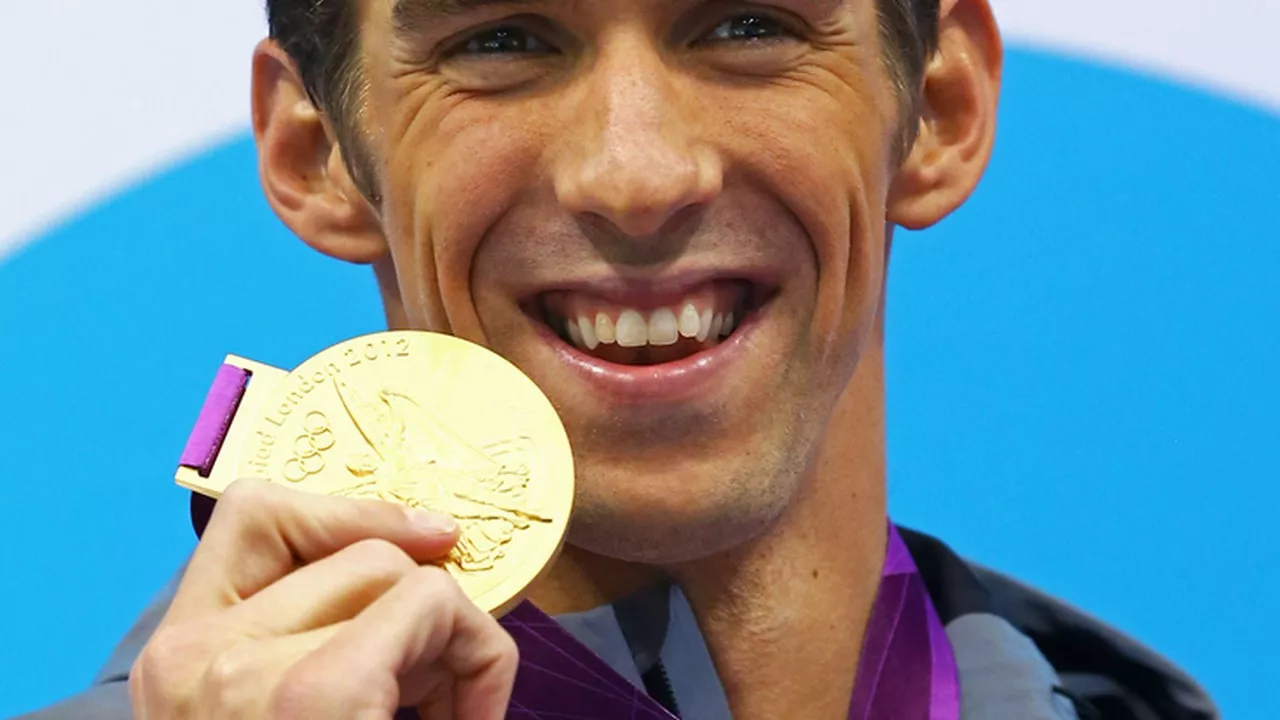Winning Potential in Open Water Swimming
If you want to shave seconds off your time and feel more confident out on the water, you need a plan that covers training, gear, and mindset. Below are simple steps you can start using today.
Boost Your Speed with Smart Training
First, focus on interval work. Swim 200 meters at a race pace, rest 30 seconds, then repeat four times. This builds the same energy system you use in a race but without burning out.
Second, add open water drills to your pool routine. Practice sighting every 10 strokes: lift your head just enough to spot a buoy, then tuck it back down. The habit reduces the time you lose looking around during a real swim.
Third, work on body position. In the pool, lay a small foam board under your chest for a few laps. Feel how a flat, low profile cuts through the water. When you’re in the lake or sea, keep your hips close to the surface and your kick light.
Gear and Mindset for Success
Choosing the right goggles matters. Anti‑fog lenses keep your vision clear, so you can sight without pausing. If fog is a problem, rinse the lenses with lukewarm water and apply a thin layer of baby shampoo before each swim.
Wetsuits add buoyancy, which can improve speed by a few percent. Pick a suit that fits snugly but isn’t too tight; you want freedom of movement and enough warmth for longer distances.
Mentally, treat each swim like a mini‑race. Set a small goal—like keeping a steady 1:30 per 100 meters—then focus only on that. When the water gets choppy, remind yourself that you’ve practiced sighting and pacing, so you can handle the conditions.
Finally, track progress. Write down the date, distance, temperature, and your average pace after each session. Seeing numbers improve over weeks is a huge confidence boost and shows where you need extra work.
Combine these training tweaks, gear choices, and mental tricks, and you’ll notice your winning potential rise. Start with one change this week—maybe the interval set—and add another as it feels comfortable. Before long, you’ll be swimming faster and feeling more in control out on the water.

How many medals can an Olympic athlete win in swimming?
In the Olympics, a swimmer has the potential to win a surprising number of medals. The total depends on how many events they participate in and of course, how well they perform. Individual swimmers can participate in up to seven different events, which means they potentially have seven opportunities to win a medal. However, when you add relay races into the mix, this number can increase even further. So, theoretically, an Olympic swimmer can win quite a lot of medals, provided they're at the top of their game!